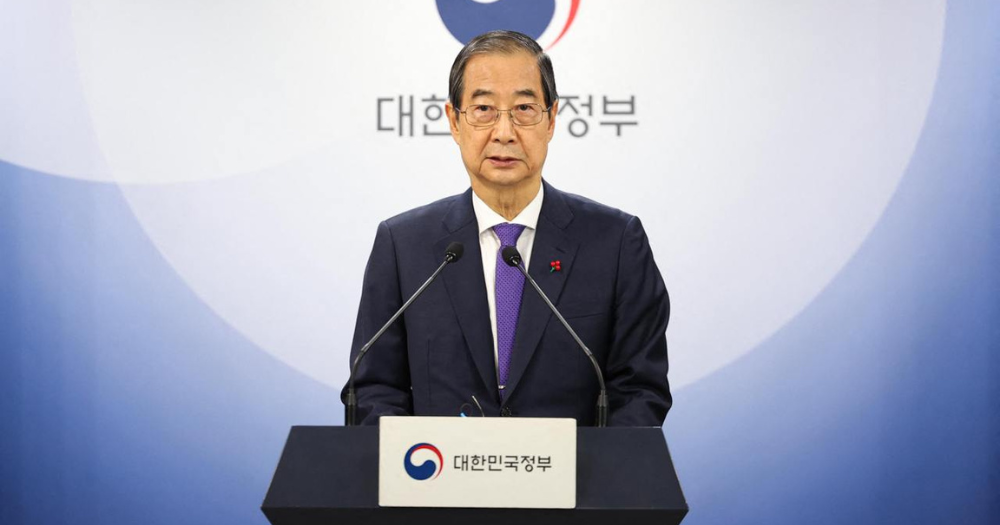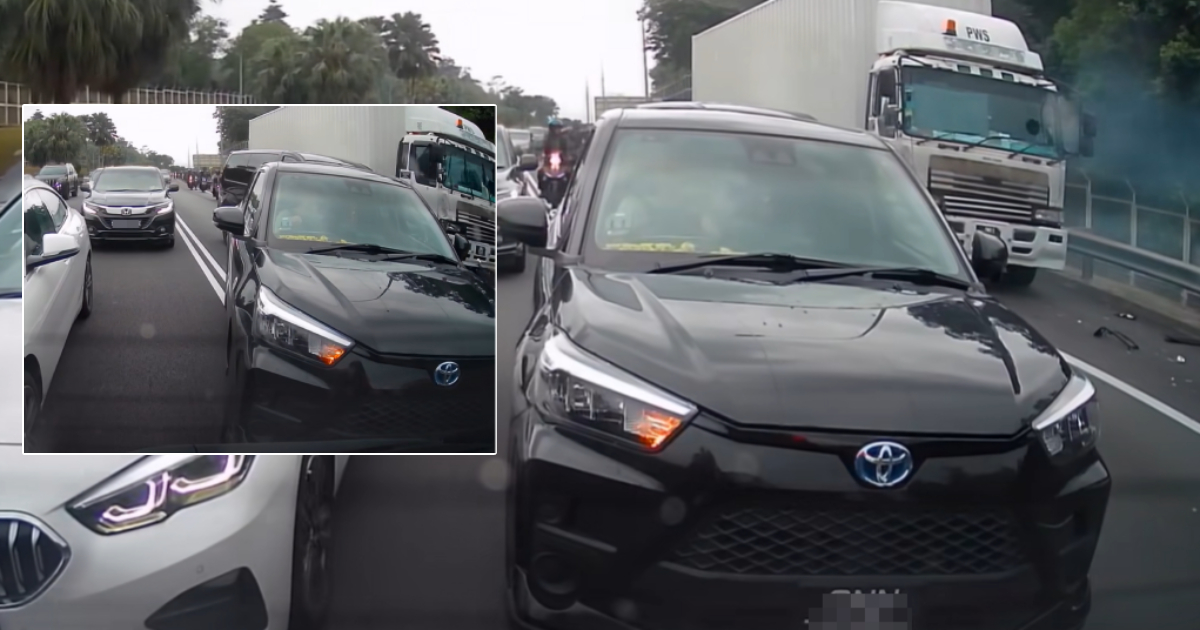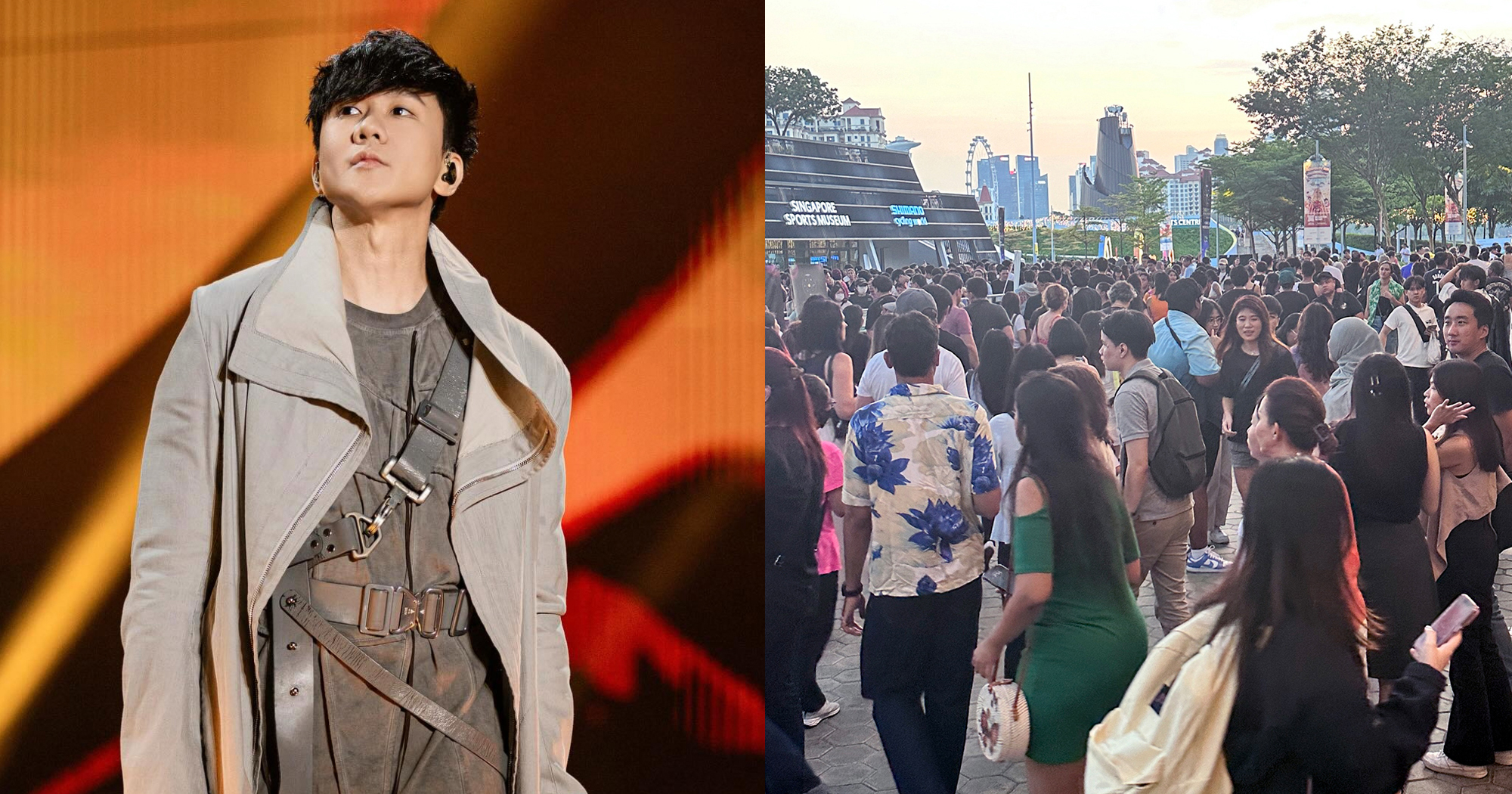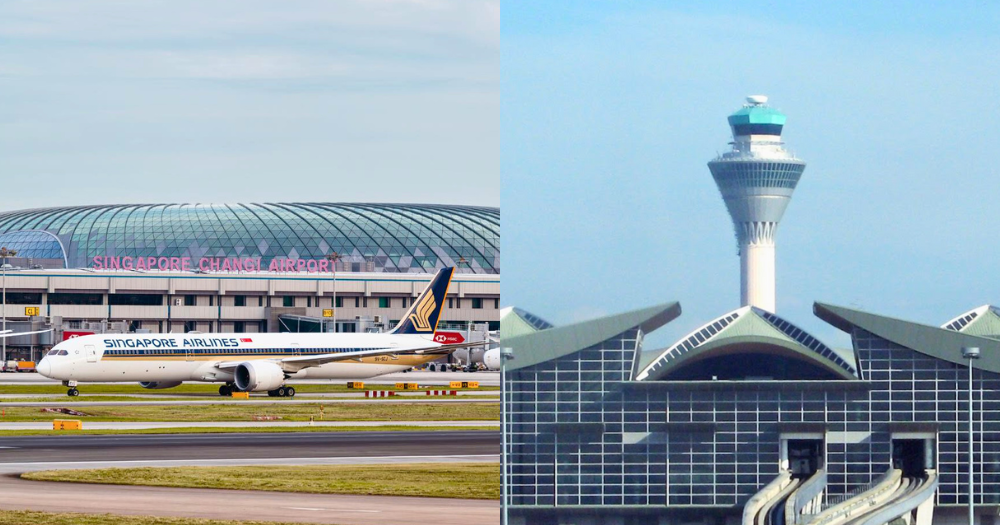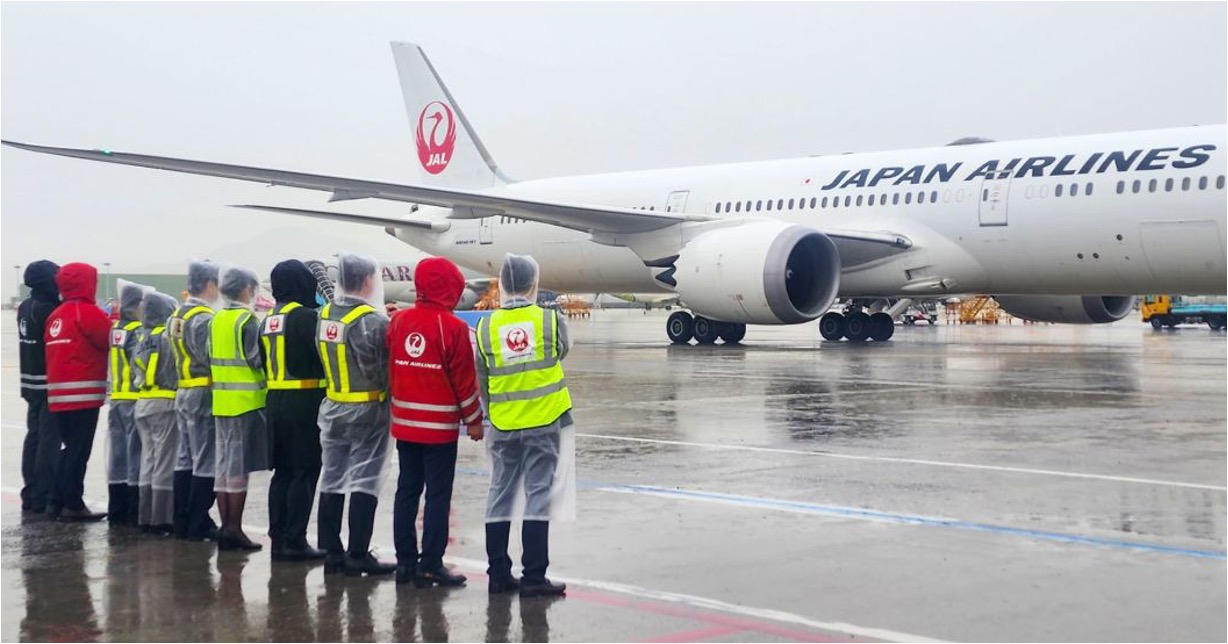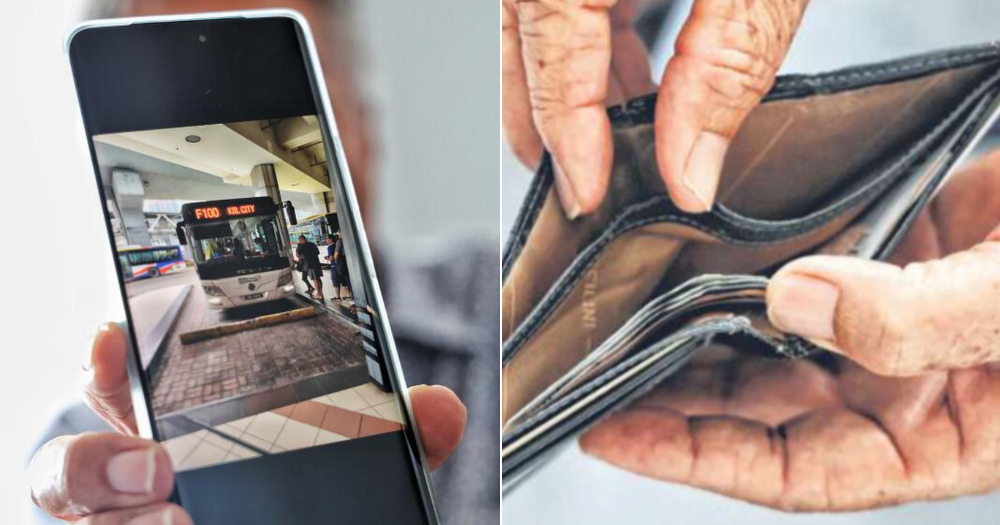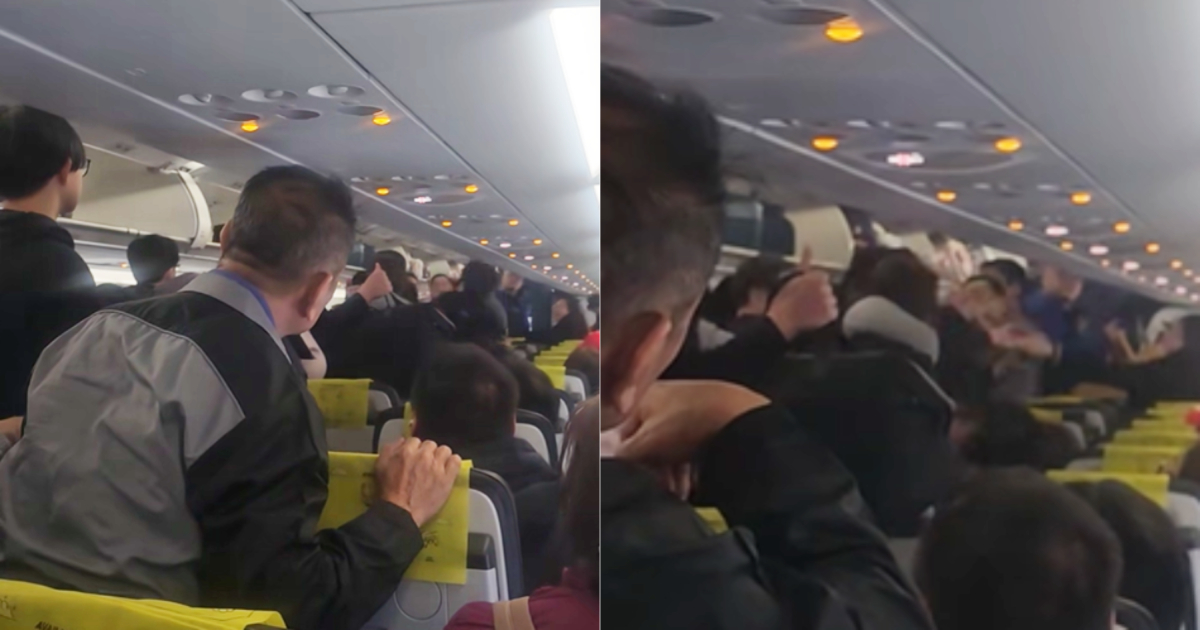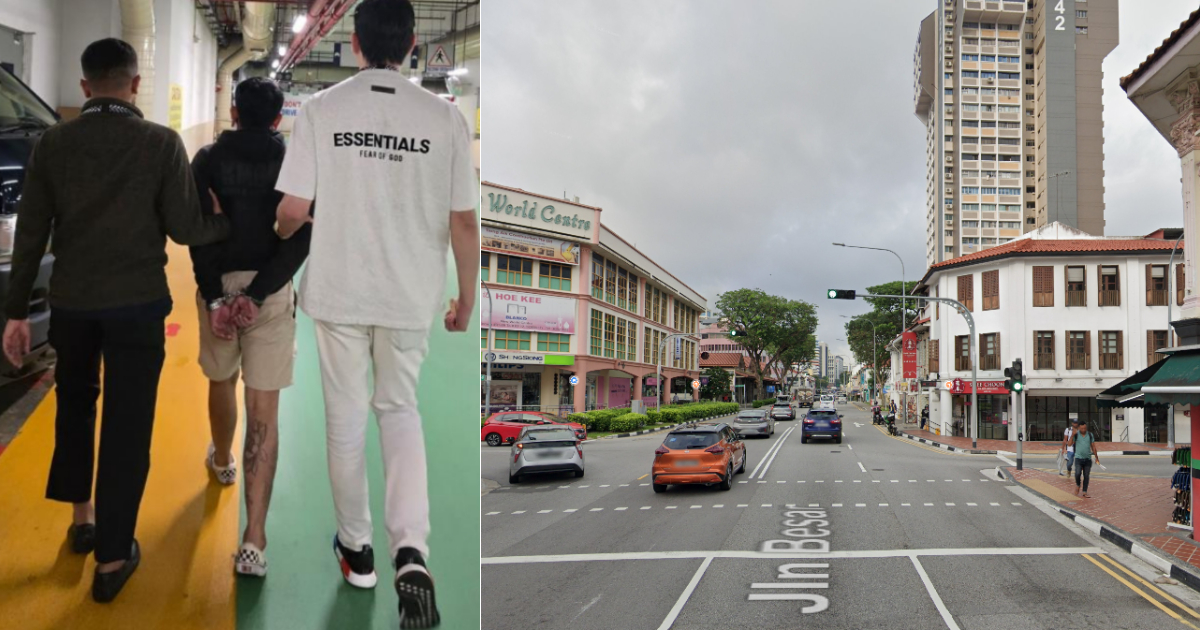S'poreans unhappy Johor condo they bought confers them 99-year lease status, not ownership
Knowing the ins and outs of the property market and rules in another country is always tricky.
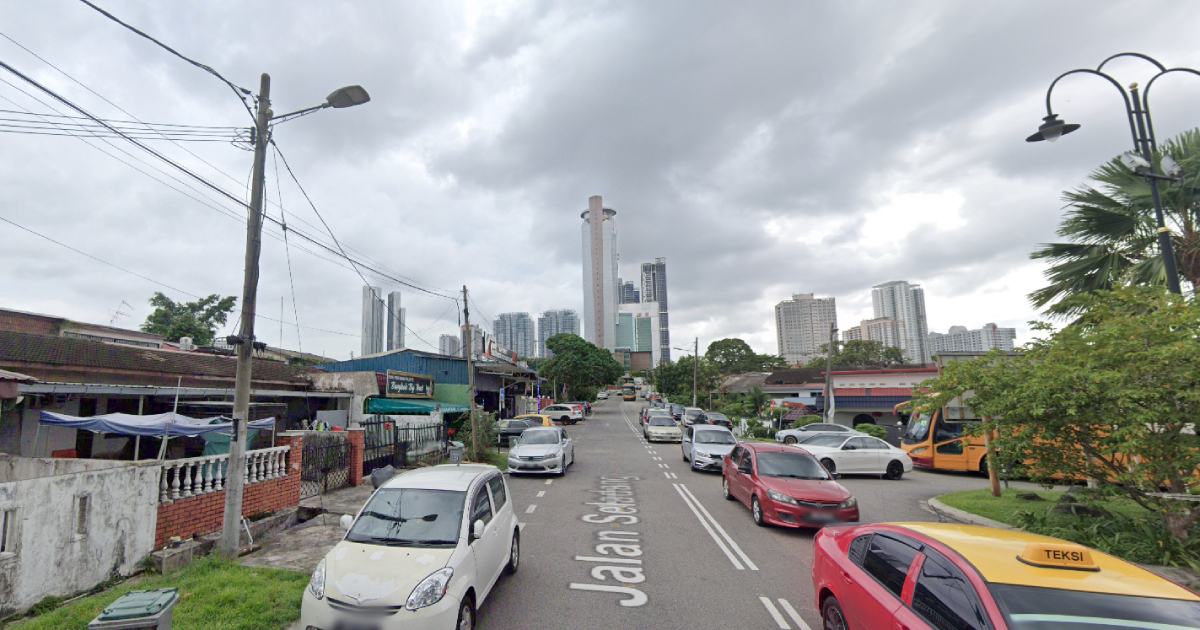
At least 100 people from Singapore are shocked and unhappy with a developer in Malaysia after they apparently discovered that they had purchased their homes under a Private Lease Scheme (PLS).
The group is made up of Singaporeans, with one of them spending about S$275,000 (RM904,600) for a three-bedder unit in Johor Bahru as an extra home for his family.
Some 170 buyers have banded together in a WhatsApp group to seek support and clarity, as well as ask questions, such as on refinancing of property issues.
However, the developer was not named, according to the report by CNA.
At least 70 buyers reportedly filed a complaint in June with the Singapore Council of Estate Agencies against the real estate agency that marketed the property to them.
Singaporeans were among the top buyers of properties in Johor Bahru, CNA added, with Malaysia among the top five property markets for Singaporeans.
The top five countries are UK, Japan, Australia, Malaysia and Thailand.
Condominium prices in Johor are up by 30 per cent in the first three months of 2024.
Why only lease and not own?
Under a PLS, buyers do not own the property outright and are granted a lease for 99 years.
The developer retains ownership, and buyers are considered tenants.
This effectively makes the purchase price the cost of a long-term rental.
This arrangement is different from a leasehold concept that exists in Singapore, where buyers have full rights to rent or sell their units.
Those who are seeking recourse in Malaysia are claiming that the developer did not properly inform them about the terms and conditions of the deal.
The confusion might have arisen as buyers sign on a standard sales and purchase agreement, also known as a "SPA", and assume they have leasehold status, which is a different class of ownership.
Currently, as PLS tenants, they are also unable to rent or sell their properties without the developer’s permission.
They are also not entitled to strata titles or voting rights in the condominium's management.
Advice
Property lawyers in Malaysia and Singapore provided advice saying local agents in Malaysia would better understand the property market in Johor and the customs and parameters of the purchase that might not be laid out clearly.
The developer has responded that the PLS is legitimate and the buyers have exceeded the legal period in which they are able to take legal action.
CNA interviewed a legal expert who said buyers are effectively getting into long-term rental agreements under the PLS.
Buyers can become vulnerable in certain situations, such as when creditors pursue claims against the land due to issues faced by the developer or corporation.
The land the condominium sits on could be auctioned.
Moreover, when the developer or corporation overseeing the condominium does not run the amenities well, there could be potential issues with living conditions.
This puts lessees at a disadvantage as they are not the owners and cannot vote for the management committee.
Property values may also be affected owning to the calculation of the lease, which is effectively a long-term rental scheme under PLS, a Singapore lawyer said.
Since 2022, it was reportedly understood that two groups of people amounting to at least 80 Singaporean buyers have initiated legal action against the developer and an investment firm in a Malaysia court, it was also reported.
Top photo via Google Maps
MORE STORIES









